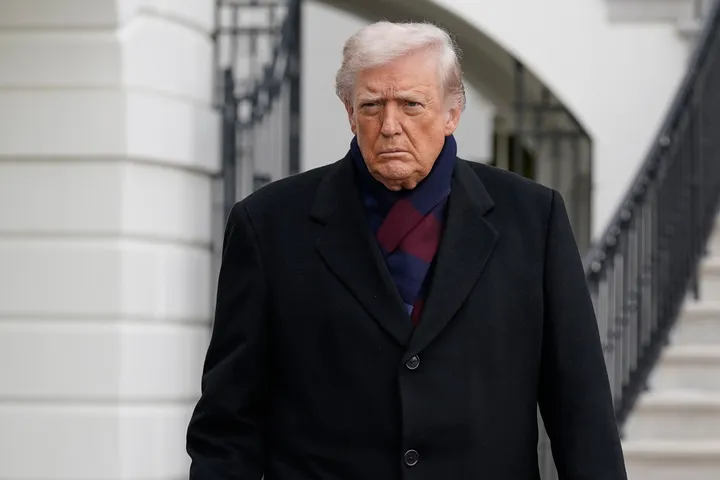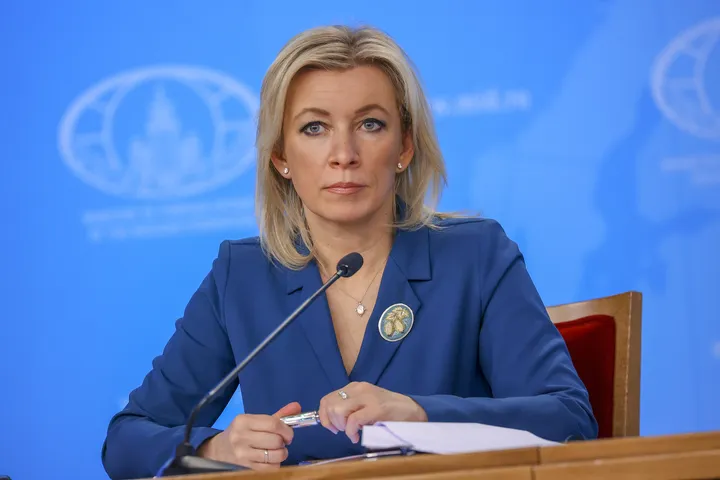By this time next year the United Kingdom will have formally left the European Union. It has now entered a twenty-one-month transition period, before the final arrangements begin.
The negotiations between London and Brussels have reached a crisis point on many vital issues for the United Kingdom, whose government appears dazed and out of its depth in what are complex and often conflictual negotiations about this "divorce".
Trade
For a nation with a historical obsession, for which amassing wealth and opening up markets (often by force) remains paramount, the fact that no clear trade deal is yet in the offing because of poor vision and planning on the British government’s side is highly-unsettling.
This has led to dire predictions about the health of Britain’s future economy from its top bankers and businessmen and in the process made the pound sterling a far more volatile currency than it had been prior to the referendum.
It has even made for a stampede of corporations out of London as a global financial centre.
Northern Ireland
In December 2017, the discussions about the Northern Irish border ended in chaos.
British Prime Minister Theresa May had promised to ensure that "no new barriers are created within our common domestic market".
However, the Northern Irish allies that she chose to get in bed with in order to stay in power - the DUP - have an insular (some would say extremist) view of the outside world, and continue their shrill call for a "hard Brexit".
This is ironic, seeing that May herself has had to soften her Brexit rhetoric considerably, as even Leave voters now realise the scale of the catastrophe it will cause for Britain.
The public is increasingly aware that taking Britain out of the Single Market and the Customs Union will cost nearly $55 billion, and will affect every aspect of life - most ominously, the already struggling National Health Service.
Can Brexit be stopped
There have been calls by several politicians to have a second EU Referendum.
Last week, Labour’s Shadow Northern Ireland Secretary, Owen Smith, said his party could only "serve democracy" by recommending another referendum poll on the Brexit deal.
Smith was a challenger to the Labour Party’s present leader, Jeremy Corbyn, for the leadership in 2016.
He was brought on to the parliamentary front-bench after last year’s general election.
However, Jeremy Corbyn saw fit to fire Owen Smith after he called for a second EU Referendum, even though Smith’s view represents is well represented amongst Labour ranks.
Many feel uneasy that Corbyn failed to take any meaningful stand on Brexit, to what was, in the final count, a Conservative party cock-up.
Indeed, the Labour Party has experienced rebellions and divisions in the House of Commons since June 2016, especially over the customs union membership.
Jeremy Corbyn stands accused of being on the government’s side, with Remainers asking if he still represents an opposition at all, on what is by far the most important drama in Britain’s modern history since the World War II.
Renew Britain
During the general elections of June 2017, many people who had voted Labour or Conservative previously, decided to vote Liberal Democrat, solely on the issue of Brexit, which that latter party has expressed opposition to.
The Liberal Democrats gained 7.4 percent of the UK vote ensuring 12 seats in parliament. That meant that they gained 4 additional seats this time around, as in the May 2015 general election, they were punished for having been in a coalition government with the Conservatives, which lasted from from 2010 to 2015.
Nick Clegg, Leader of the Lib Dems at the time, was David Cameron’s Deputy Prime Minister. He was seen as having tainted his party by Cameron’s foolish referendum (though Clegg has come out as a vocal Brexit critic since).
Former Prime Ministers Tony Blair (Labour) and John Major (Conservative) have also called for a second EU referendum.
A new party was launched last February, with the optimistic name of 'Renew Britain'.
Its aim is to stop Brexit.
It's now preparing to launch a vigorous campaign travelling across towns and university campuses across the UK in ‘The Listen to Britain Tour.’
Renew Britain has recruited some 220 candidates to stand in local and national elections - some of whom are ready to run as soon as May 2018.
Renew Britain has based itself on French President Emmanuel Macron’s successful 'En Marche', and looks to reproduce its ‘Grande Marche’ - when Macron’s team toured France during last year’s Presidential election campaign.
One of Renew Britain’s founders, James Torrance, is frustrated by the feeble offerings of the main British parties. He feels Labour and the Conservatives are both in favour of Brexit, and that the Liberal Democrats have been meek at best in their opposition to it.
Britain’s Future Security
The nerve agent attack on Britain’s soil in Salisbury on 4 March, 2018, might well turn out to be the transformative reckoning point.
It showed British intelligence and the British state more generally just how important it was to stay close to allies, in order to continue to pool security information - an EU given, that may well be lost with Brexit.
France, Germany and other EU countries worked closely together with Britain after Salisbury, overlooking Brexit momentarily. Perhaps they sensed a communal danger from Putin’s expansionism abroad and meddling in their internal affairs at home.
If it turns out that the Russian strongman or his loyal oligarchs were allegedly complicit in financing the Leave campaign, with the destabilising aim of swinging the Brexit vote against Remain, then not only would Britain’s economy, health service and security be threatened, but its very democracy too.
























